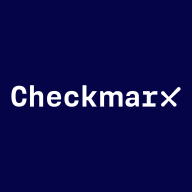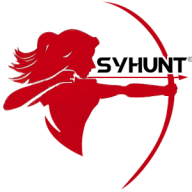

Find out what your peers are saying about Sonar, Veracode, Checkmarx and others in Static Application Security Testing (SAST).
| Product | Market Share (%) |
|---|---|
| Syhunt Hybrid | 0.3% |
| Checkmarx IaC Security / KICS | 0.2% |
| Other | 99.5% |
Checkmarx IaC Security / KICS provides a comprehensive approach to infrastructure as code security, helping organizations identify and remediate vulnerabilities in their IaC templates efficiently.
KICS, an open-source tool by Checkmarx, focuses on strengthening cloud infrastructure security. It scans IaC files like Terraform, AWS CloudFormation, Kubernetes, and Azure Resource Manager, identifying misconfigurations and security flaws before deployment. By integrating seamlessly into CI/CD pipelines, it ensures secure code development without impeding software delivery speed. KICS is designed for developers, DevOps, and security teams to enhance their security posture effectively.
What are the most valuable features of Checkmarx IaC Security / KICS?In industries like finance, healthcare, and technology, implementing Checkmarx IaC Security / KICS enables organizations to meet stringent regulatory compliance requirements and safeguard sensitive data. By embedding security into the development lifecycle, companies can trust their cloud infrastructure setups, maintaining data integrity and customer trust.
Syhunt Hybrid is a powerful web application security tool that helps users assess and secure their web applications. With its comprehensive scanning capabilities, it efficiently detects vulnerabilities and conducts penetration testing.
Users appreciate its user-friendly interface, which allows for easy navigation and utilization of the tool.
We monitor all Static Application Security Testing (SAST) reviews to prevent fraudulent reviews and keep review quality high. We do not post reviews by company employees or direct competitors. We validate each review for authenticity via cross-reference with LinkedIn, and personal follow-up with the reviewer when necessary.